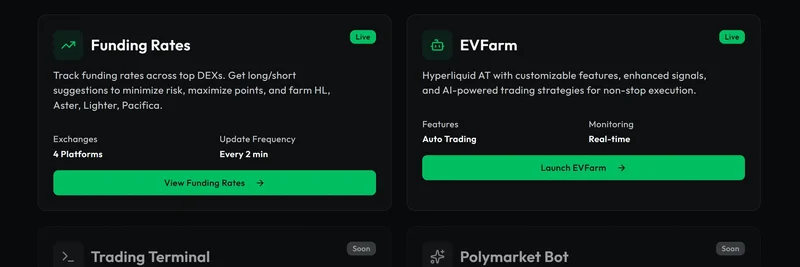Hey everyone, in the wild world of crypto where memes meet money, a recent post on X has got the community buzzing about what "decentralization" really means. @StarPlatinumSOL, a well-known thread writer and ambassador for projects like @yeet and @kalshi, dropped a bombshell critique on CZ Binance's latest updates from Kyrgyzstan. Let's break it down step by step, keeping things simple and straightforward.
CZ's Kyrgyzstan Updates: A Big Win for Binance?
First off, CZ shared some exciting developments from the Central Asian nation of Kyrgyzstan. In his post, he highlighted several milestones:
- Launch of a National Stablecoin on BNB Chain.
- Readiness for a Central Bank Digital Currency (CBDC) rollout, aimed at government payments.
- Establishment of a National Cryptocurrency Reserve, which includes BNB.
- Law enforcement training programs.
- Partnerships with Binance Academy and 10 top universities.
- Full localization of the Binance App in Kyrgyz.
- A massive Binance Meetup in Bishkek with over 1,000 attendees.
He also gave a shoutout to @ethsign for their work, noting that @yzilabs (where he's involved) is a minority investor. The accompanying video shows scenes from official meetings, with suited-up folks, Kyrgyz flags waving, and discussions on crypto adoption—painting a picture of Kyrgyzstan embracing digital assets big time.
This sounds like a huge step for crypto adoption, right? But not everyone sees it that way.
The Critique: CBDCs vs. True Crypto Spirit
@StarPlatinumSOL quoted CZ's post and fired back with a pointed thread titled "CBDCs Are Not Crypto." He argues that CBDCs flip the script on what crypto was meant to be. Here's the gist:
CBDCs are:
- Fully trackable
- Fully reversible
- Fully freezeable
- Linked to real-world identity
- Programmable by the state
In contrast, crypto's core ideals are:
- Permissionless
- Borderless
- Censorship-free
He points out that on BNB Chain, wallets are public, identities are tied to exchange KYC (Know Your Customer), transactions are replayable, and data can be handed over to governments instantly. This setup could allow authorities to monitor donations to protest groups, freeze assets, or block certain transactions—essentially putting Binance, the state, and banks in control.
@StarPlatinumSOL respects CZ as a builder but calls this out as the opposite of decentralization. It's a return to trusting powerful institutions, which Bitcoin was designed to avoid.
Community Reactions: Echoes of Concern
The post quickly racked up likes, replies, and views, with many in the community chiming in. Here are some highlights:
- @eth_jolt: "Yeah this feels like full circle back to control not what crypto was built for."
- @Dreamoption86: "Strong post. It nails the contrast between crypto’s founding ethos and the creeping centralization disguised as “innovation.”"
- @thenotecrypto: "I agree with you bro on this, this is not decentralization."
- @OceanCrypto_247: Reminded folks about CZ's plea deal involving US Treasury and FBI oversight at Binance.
- Others like @levithefirst sarcastically quoted "Decentralization," while @CactusOnChain warned of a "binance monopoly loading."
The sentiment? This move feels more like traditional banking in blockchain clothing, not the rebellious spirit that birthed crypto.
What This Means for Meme Tokens
At Meme Insider, we're all about meme tokens—the fun, community-driven assets that often thrive on truly decentralized platforms. Think about it: Meme coins like those on Solana embody that permissionless vibe. Anyone can launch, trade, or hold them without big brother watching every move. No KYC hurdles, no state programming, just pure, borderless fun (and sometimes chaos).
In contrast, if CBDCs and centralized chains like BNB gain traction, it could pressure the meme ecosystem. Governments might push for more control, making it harder for degens to ape into the next big pump without oversight. But here's the silver lining: This debate reminds us why decentralized chains matter. Meme tokens aren't just jokes; they're a testament to crypto's original promise—freedom from institutional gatekeepers.
As blockchain practitioners, keeping an eye on these developments helps us navigate the space smarter. Whether you're farming airdrops or holding your favorite dog-themed coin, understanding the line between "crypto" and "controlled digital money" is key.
If you want to check out the original discussion, head over to the tweet here. What do you think— is this progress or a step back? Drop your thoughts in the comments!

